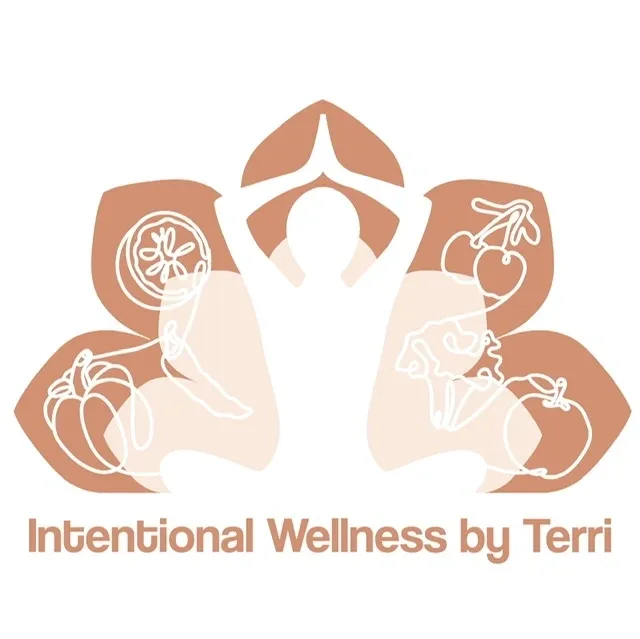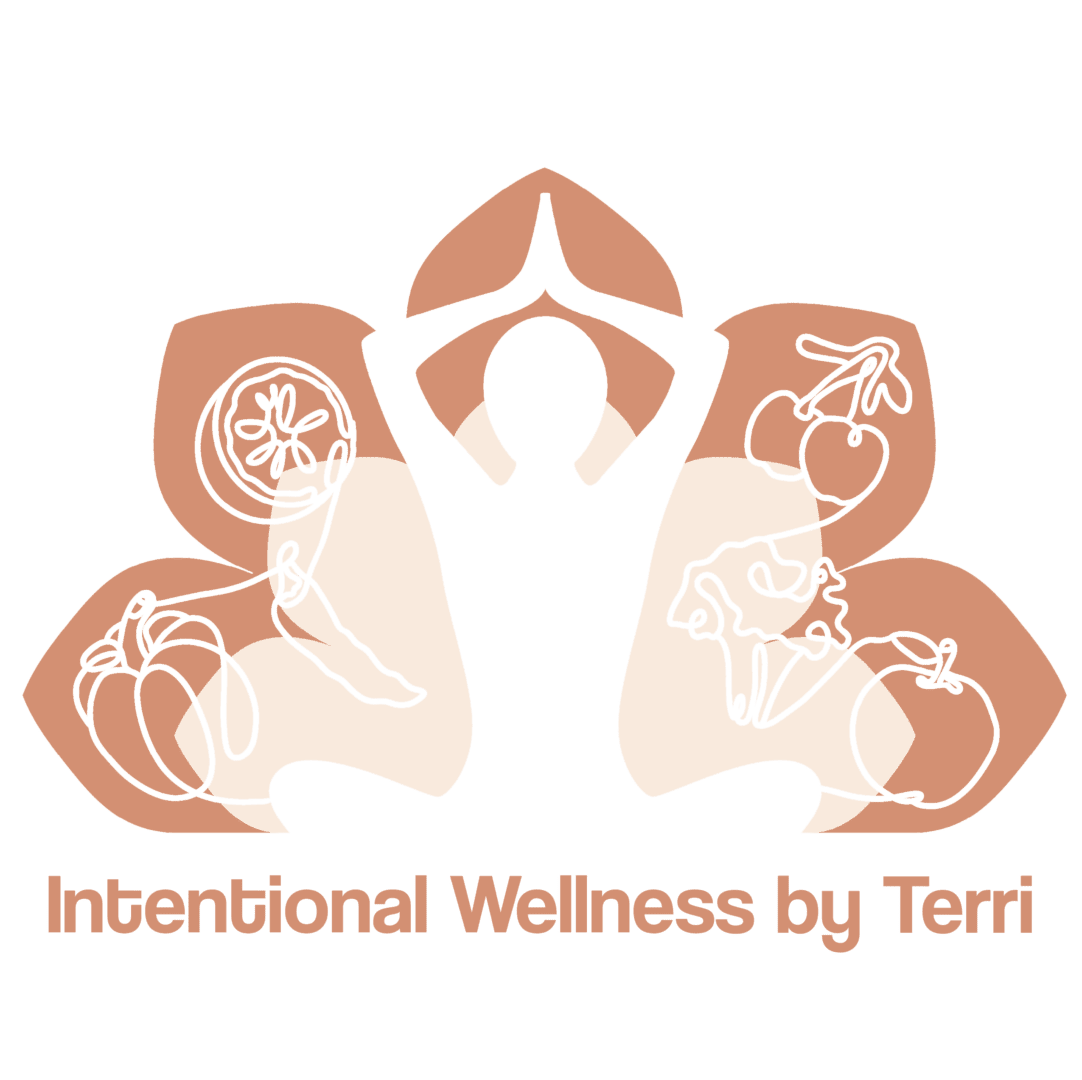
Is It Time to Break Up With Caffeine?
Something very weird happened to me recently. I left for work, started driving, and realized I hadn’t had or brought a cup of coffee. About three months ago that would have been a big deal because without at least one cup of caffeinated coffee in the morning, I would have had a little nagging headache a few hours later. By evening it would have turned into a raging headache and maybe even a migraine. But today it was no big deal. Why? Because I recently gave up caffeine.
This is a very disputed decision that each person has to make for themselves. For me, it had to do with the fact that I was going through an especially stressful time in my life and was already activating my sympathetic nervous system much of the time (click here to learn more about effects of living in your Sympathetic vs. Parasympathetic Nervous System). The Sympathetic Nervous Systems is our fight or flight system and is activated by stressful situations where those instincts can help us survive – good for our ancestors but we’re not quite in that much peril nowadays. Caffeine accelerates that stress level. That’s not to say that caffeine is not without its benefits (click here to read about the benefits and detriments of caffeine to enable you to make an informed decision). For example, years ago, when I used to suffer from asthma, I found that a little caffeine helped open my airways to breathe better. But now that I don’t have those breathing issues, I found that for me, caffeine is more of a stimulant than I need in my already hectic and stressful life. If you decide you want to go without caffeine, here are a few tips for making it manageable:
- DON’T go cold turkey. You’ll feel sick, and you will be more inclined to decide you can’t give it up. Instead, start reducing your caffeine consumption little by little over a week or two. For example, mix decaf with regular and gradually increase the percentage of decaf.
- DO be prepared for a slight headache or other symptoms as you withdraw from caffeine. You may want to consider some healthy lower caffeine alternatives to coffee, such as certain teas.
- DO stay well-hydrated. Drink a lot of water. Don’t exacerbate an already difficult situation by adding a dehydration headache to the mix.
- DO think about what you love about that cup of coffee. Sometimes it’s the energy boost or jolt you get from caffeine, but it may equally be from the experience of making and drinking it – a ritual of sorts. I have not stopped the ritual of preparing my morning cup of coffee and in fact I am enjoying it even more these days. I previously used a pod coffee maker. This caused some guilt about the environmental impact of the pods. I also didn’t realize it at the time, but I was ingesting oils that are found in coffee that contribute to elevated cholesterol, a problem I’ve dealt with for years. Now I use an air press system that has filters to keep out those oils. The process of selecting my organic beans, grinding them myself, and making a fresh pressed cup of coffee each morning is quite satisfying and delicious. In case you’re wondering, the system I use is AeroPress.
- DO be aware of all of your sources of caffeine, such as soda or energy drinks. It’s hard for me not to be judgmental here but we’ll save that for a future blog. Some medications also contain caffeine.
- DON’T give up too soon. Yes, it may be difficult but after a week or so you’ll feel so much better. It is such a relief to not be tethered to caffeine.
Please reach out if you are struggling to give up caffeine and need support or accountability (terri@intentionalwellnessbyterri.com).

